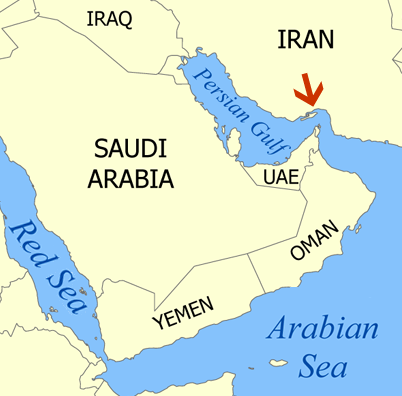
The Iraqi government has unveiled a contingency plan that aims to build a pipeline to ship oil from southern fields to Ceyhan in Turkey and add capacity from its northern oil fields.
The plan was devised to deal with any potential crisis if Iran closes the Strait of Hormuz, through which Iraq carries 80% of its crude-oil exports, reports Reuters.
In response to Western countries’ plan to ban Iranian crude exports, Iran has threatened to close the strait, used for a third of the world’s seaborne oil trade.
Iraq exported 2.014 million barrels per day in February, including 375,000 bpd from its northern fields around Kirkuk to Ceyhan.
But, the Kirkuk-Ceyhan pipeline has come under attacks several times since the 2003 US-led invasion.
How well do you really know your competitors?
Access the most comprehensive Company Profiles on the market, powered by GlobalData. Save hours of research. Gain competitive edge.

Thank you!
Your download email will arrive shortly
Not ready to buy yet? Download a free sample
We are confident about the unique quality of our Company Profiles. However, we want you to make the most beneficial decision for your business, so we offer a free sample that you can download by submitting the below form
By GlobalDataIraq may revive the Iraq-Syria pipeline as a long-term measure to ship crude from southern fields to Banias in the Mediterranean.
Iraqi government spokesman Ali al-Dabbagh was quoted by Reuters as saying that plans approved by the government were a short-term measure based on recommendations from the oil ministry, and the government is stepping up efforts to convince Iran and the US to avoid closing the Strait of Hormuz.
"The oil ministry suggested accelerating work to complete building the north strategic pipeline and connect it to the Kirkuk-Ceyhan pipeline to export oil from Basra via Ceyhan port," Dabbagh said.
Image: Eighty per cent of Iraq’s crude oil export is carried through the Strait of Hormuz. Photo: NormanEinstein


